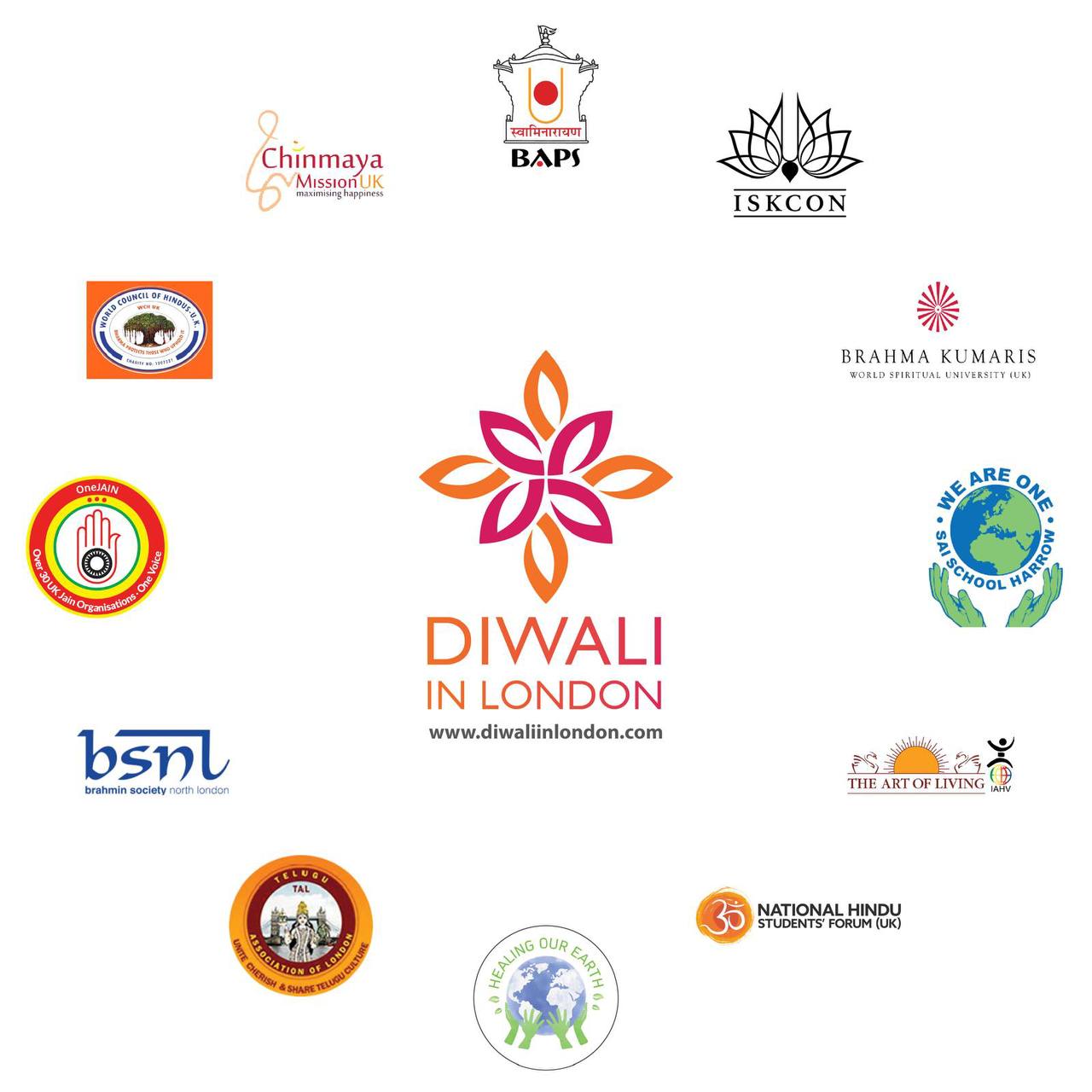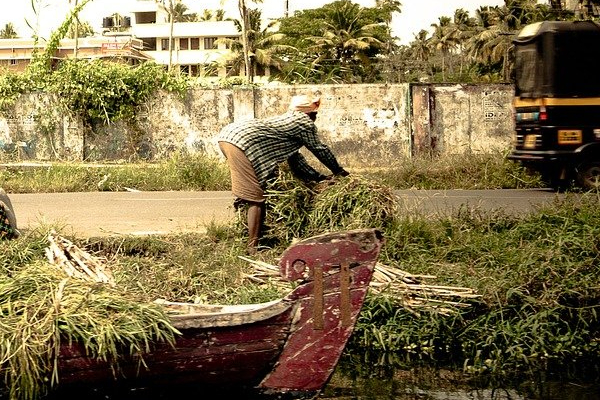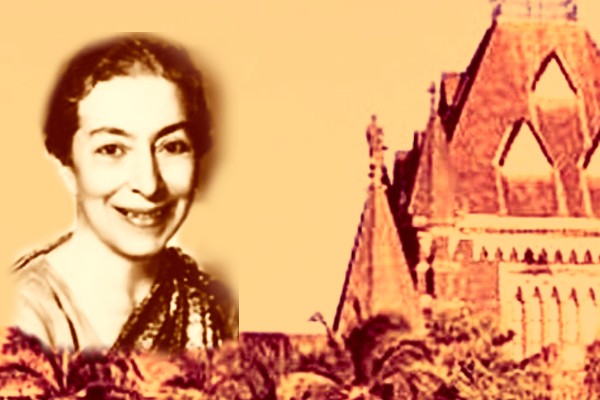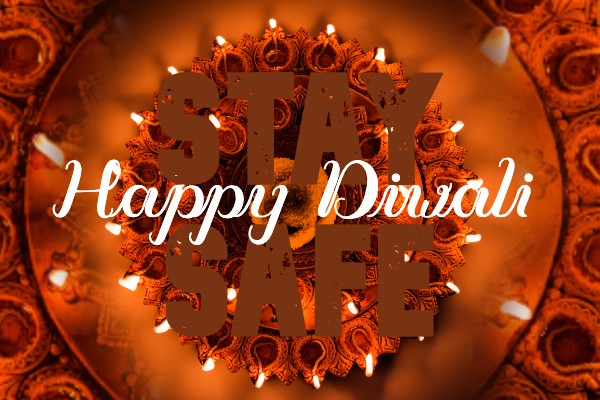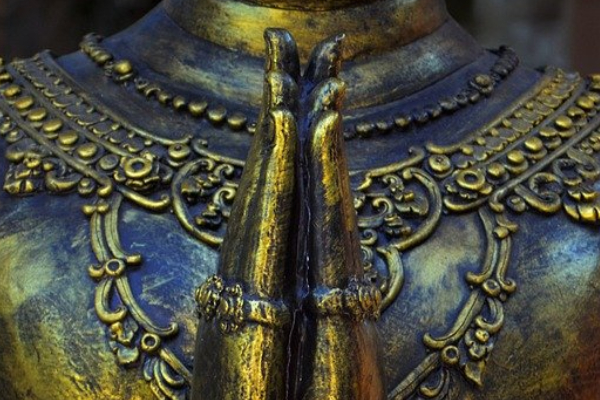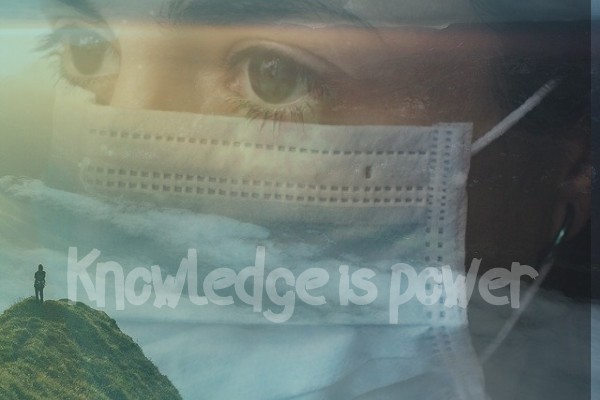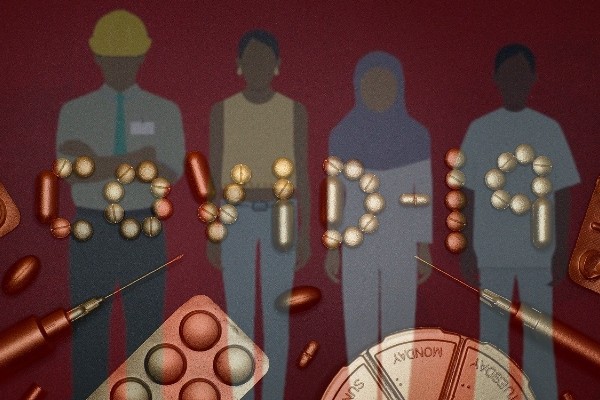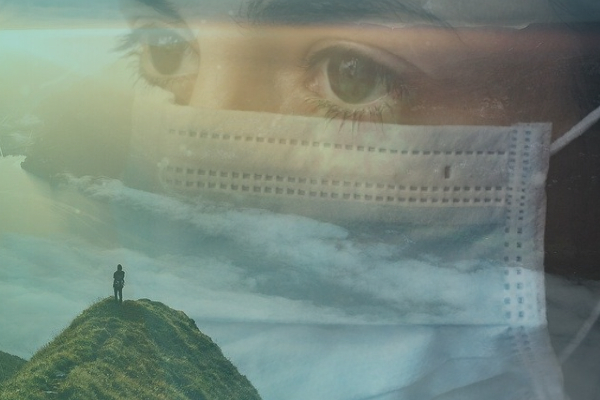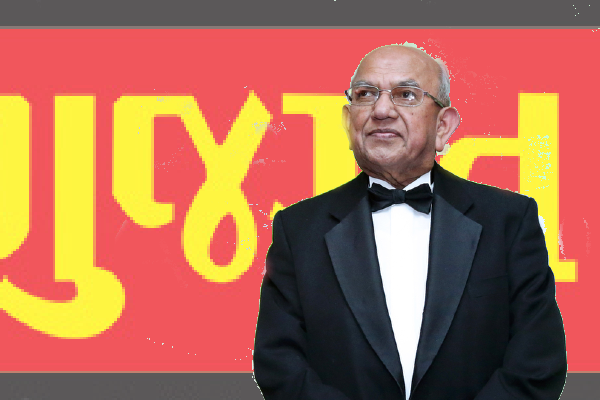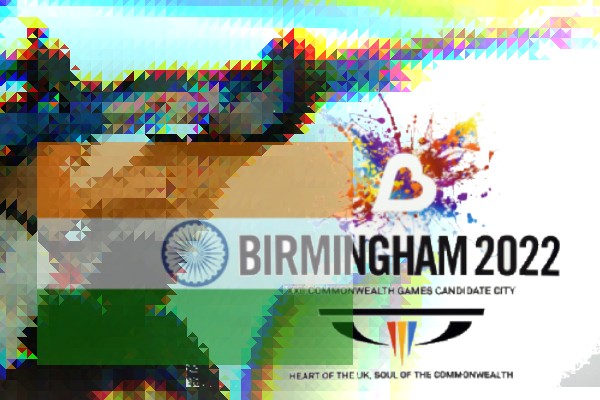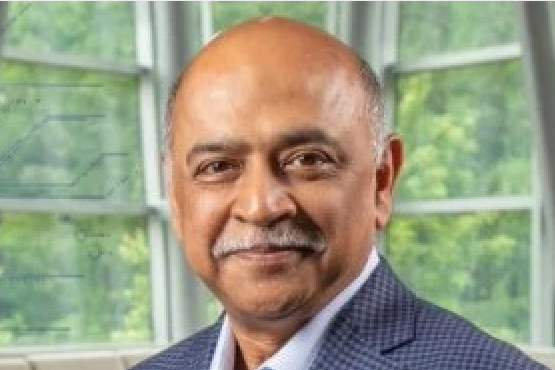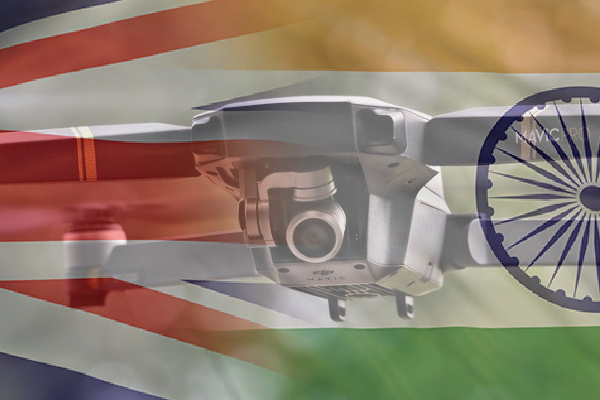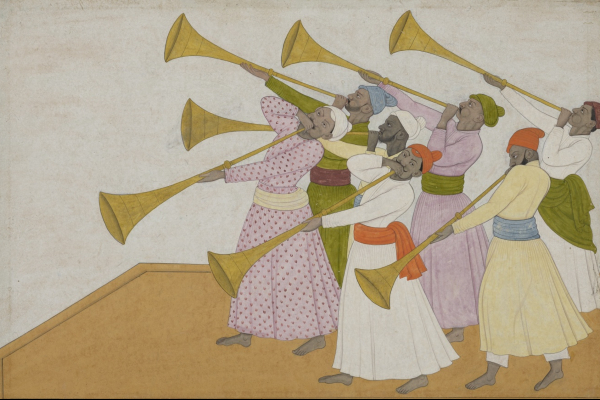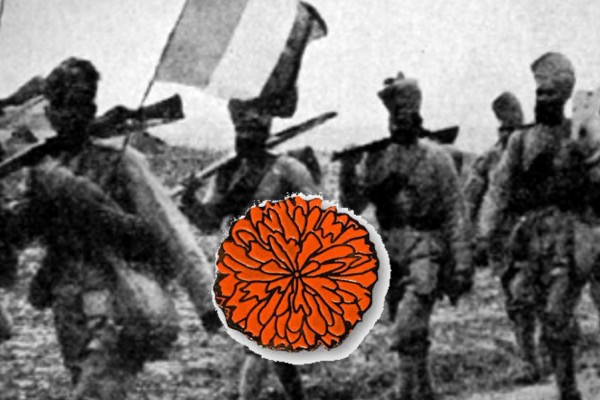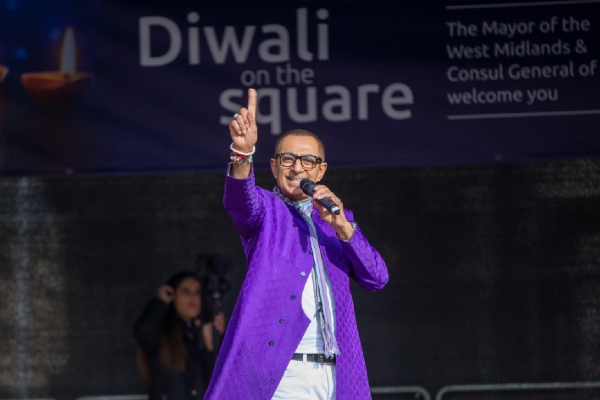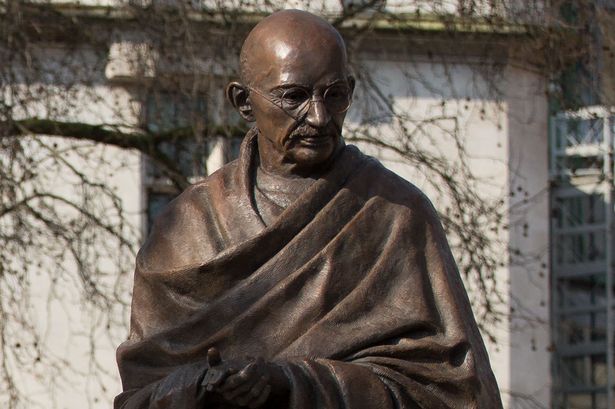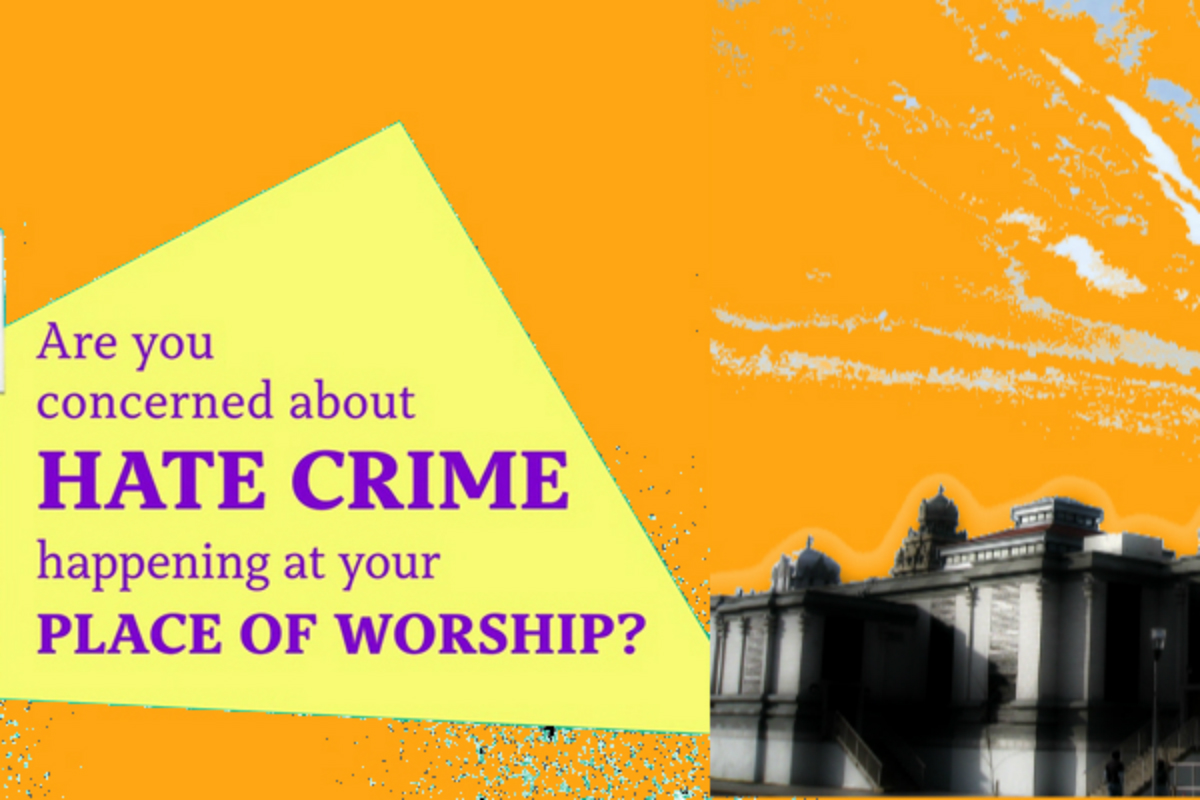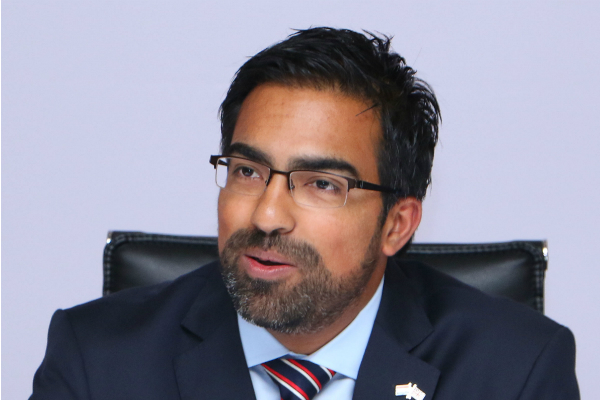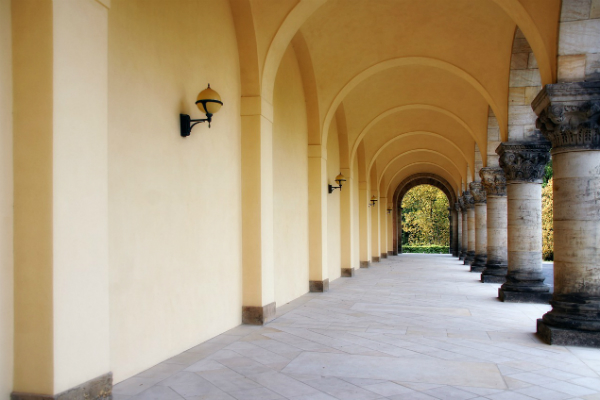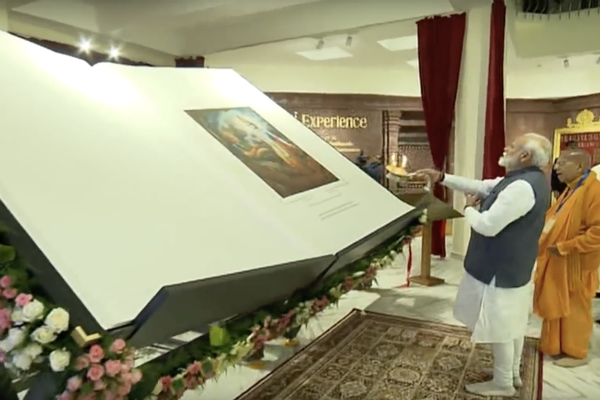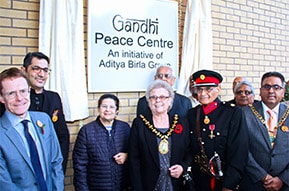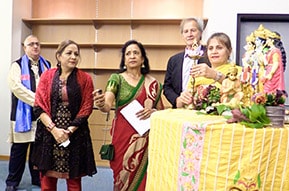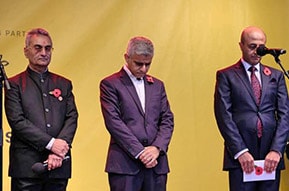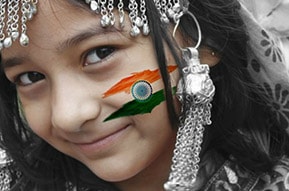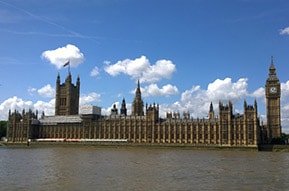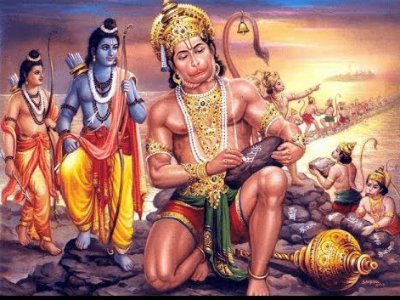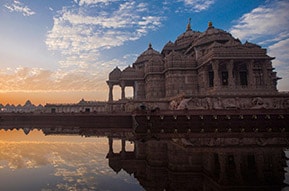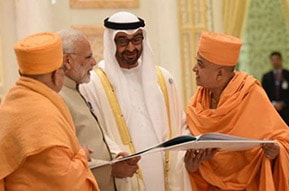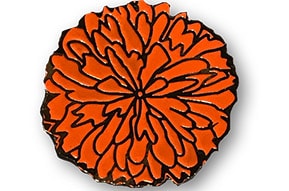Diwali-The festival of Lights
In Hinduism, light is significant as it reflects purity, goodness, good luck and power. A light of knowledge over ignorance, a victory of good over evil, illuminating light in our homes brings positivity and peace and expels malicious powers. Clay lamps with one cotton wick lightens the other lamps spreads the message one light is capable to illuminate other and devour darkness.
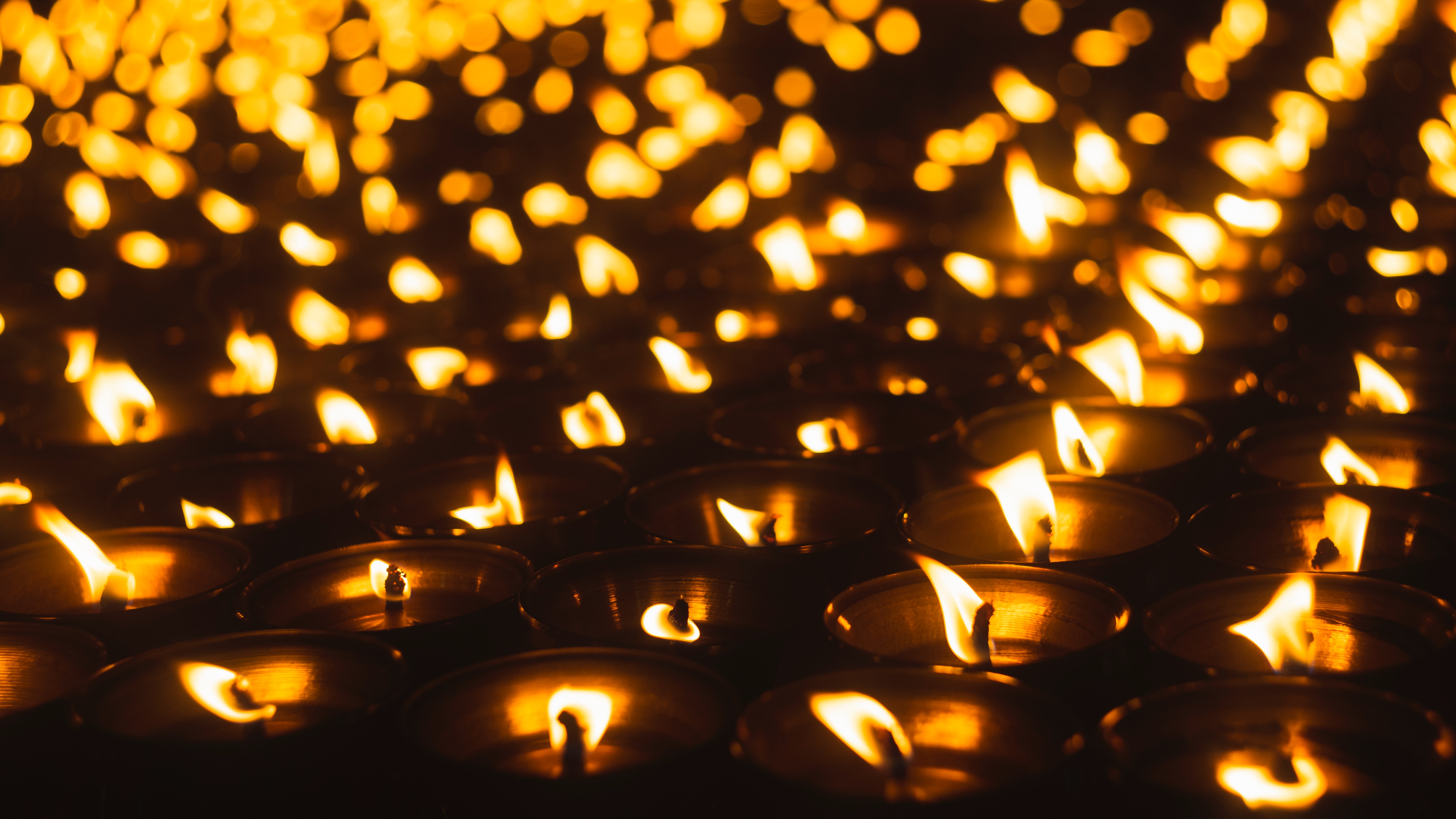
Diwali is celebrated to commemorate victory of Bhagwan Ram over Ravana and his return to Ayodhya with Devi Sita and Laxman, after 14 years of exile in forest. It was a new moon (Amavasya) in a month of October/ November so villagers lit lamps to welcome them and this occasion is celebrated every year as Diwali or Deepawali.
A festival to worship Ma Lakshmi as it is believed she was born during this time from Samudra Manthan, the churning of cosmic ocean of milk by Gods and Demons and after that she chose Lord Vishnu to marry on Diwali.
So how Diwali is celebrated? The important days.
Vagh Baras: A unique festival is observed on 12th day of Ashwin /Kartik before Dhanteras. Cows (sacred animal for Hindus) are worshipped for their gesture to perpetuate human life. Also known as Govatsa Dwadashi or Nandani Vrat. It is believed Indian Businessmen close their account books on this day and do not make any transactions until they open a new account book on Diwali.
Five main days-
Dhanteras: A first day of Diwali is celebrated to worship Goddess Lakshmi (goddess of wealth), and Bhagwan Dhanvantri. This is 13th day of Kartik/Ashwin month is considered her day of birth and in Western part of India, it is believed Lakshmi enters their home. To please Ma Lakshmi, people clean their homes and decorate their homes with rangolis and light candles or clay lamps. They worship Ma Lakshmi and Ganesha to obtain wealth, remove obstacles and traditional sweet Naivedya is offered. They worship Bhagwan Dhanteshwar – God of Ayurveda and in India, Dhanteras is considered as National Ayurveda Day. This day is auspicious to buy gold or silver articles. At night, lights are set out both in sky lamp and also as an offering at the base of a Tulsi plant and on doorways of homes. It is believed this light is offered to Yama the host of death, to avert untimely death during the festival.
Nakara Chaturdashi: A day before Diwali is Kali Chaudas, where kali means dark and chaudas means fourteen. In some regions this day is allotted to worship Mahakali or Shakti, Krishna / Satyambha as they killed Naraksura- the demon. There are many rituals associated with it and popular one to worship Lord Hanuman by offering him coconut, rice flakes with jaggery and ghee. People head wash and apply eyeliner to stay away from evil eye.
Diwali: On the day of Diwali, Chopda Pujan or Mahurat Pujan is performed where Ma Lakshmi, Ganesha and Ma Saraswati along with their books is worshipped. On this day, Hindu Business men opens new account books where they write Shubh means auspicious and Labh means merit and swastika is also drawn in a book which symbolises good luck and prosperity. It is believed Goddess Lakshmi enters house of her devotees and bless them with wealth and prosperity. People go to temples to seek blessings and meet each other burst crackers and bestow each other with gifts/ sweets and enjoy delicious feasts. They lit extra lamps, fairy lights and whole surrounding scintillates with lights.
Annakut/New Year: A day after Diwali is known as Annakut and is celebrated to worship lord Krishana where he lifted Govardhana Mountain on his little finger to save village from anger of Indra. With these there is a large annakut prepared and offered to gods in temples. According to Hindu calendar this day is known as Hindu New Year and Hindu greet each other and celebrate by exchanging gifts. It is also a time to set new resolutions and for many people it is mandatory to visit temple and seek blessing to start a new year, with a hope and faith, this year will bring new opportunities and will be more fruitful.
Bhai Duj: A second day after New Year, where brothers visit their married sisters to ensure his sister is taken care of and she is happy. Apart from this, a gift in the form of gold is given to wives from their husbands for their security if their accounts any destitution in future.
Festival of Diwali is not limited to Hindus but is celebrated by other religions including Sikhs, Jains and Buddhist too.
Sikhism: The Sikh traditions holds that Emperor Jahangir was asked to release Guru Hargobind which he agreed and Guru asked him to release 52 princes who were captured with him in prison. The Emperor agreed but gave condition, only those who could hold Guru’s cloak tail will be allowed to leave prison. However, Guru Hargobind had a cloak made with 52 pieces of string so each prince can hold onto one string and leave prison. Guru and 52 prince were released on the day of Diwali. Sikh celebrates the return of Guru Hargobind by lightening Golden temple. This day is known as BandiChorr (day of liberation) and it coincides with Diwali. Amritsar became the focal point to celebrate Diwali and millions of devotees visit Golden Temple every year.
Jainism: Diwali is celebrated in observance of Mahavir Nirvana Diwas – the physical death and final nirvana of Mahavira, 18 kings who had gathered for Mahavira’s final teaching issued a proclamation that lamps will lit in remembrance of the great light, Mahavira. Jains celebrate Diwali like Hindus by offering prayer to Ma Lakshmi and Ganesha but their main dedication is towards Mahavira.
Buddhism: The better way to go to from darkness to light is to accept non violence; emperor Ashoka personified the triumph of good over by choosing path of peace and non violence for Buddhist people. In Nepal, Newar Buddhist celebrate Diwali for five days in similar way by offering prayers to Ma Lakshmi and Bhagwan Vishnu. It is not a syncretism but a reflection to worship any deity for their worldly betterment.
Diwali is not just a festival of lights but amalgamation of unity, forgiveness, prosperity, charity and cleanliness. A celebration to awaken an inner light which powers us to walk on a path of righteousness even in the darkest of times.

